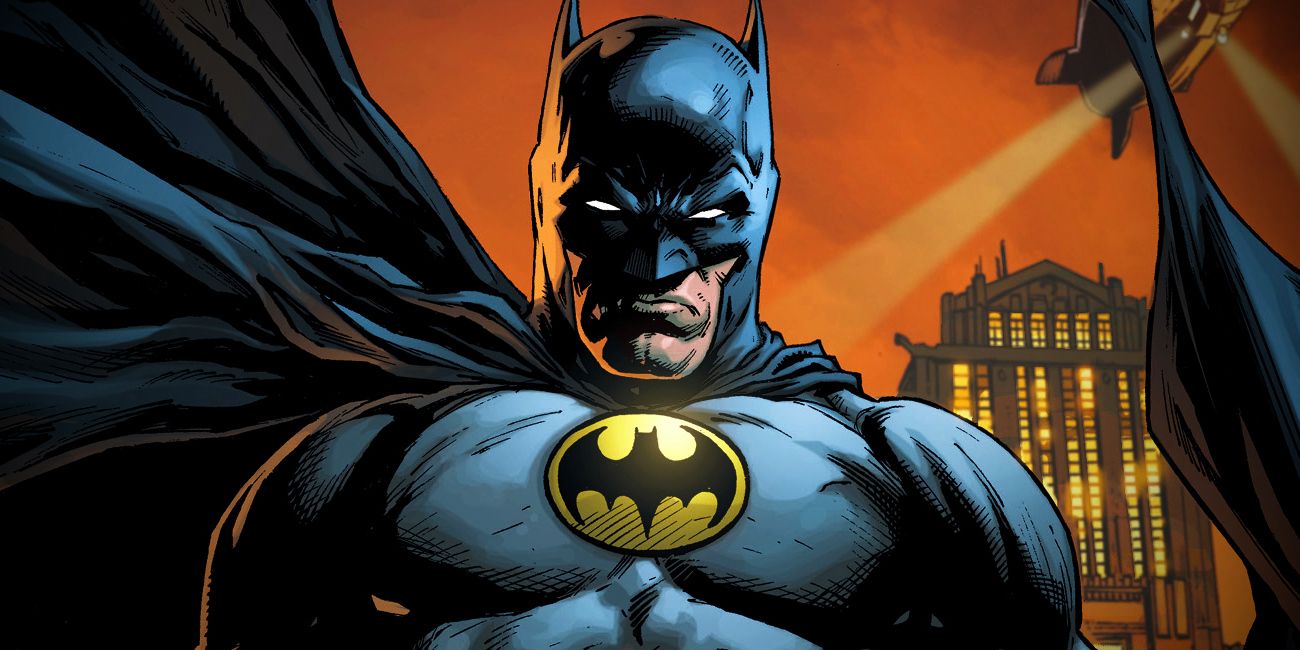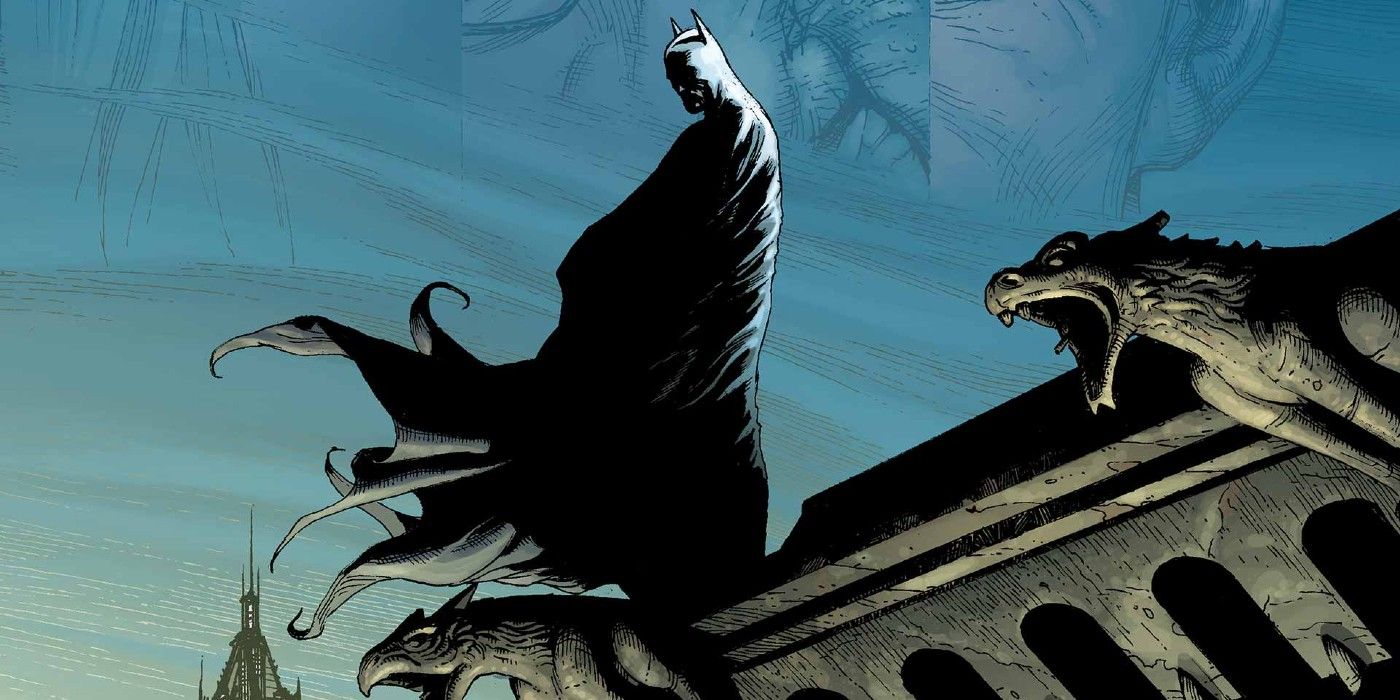In the midst of retelling Harley Quinn and Poison Ivy’s tender love story, comic fans receive the tiniest nugget of information on the shadier side of what it takes to be Batman.
Batman has long fought crime in Gotham, using his power, influence, and—most of all—his money to take down villains both big and small. Slipping every night out of his massive mansion with his most recently acquired child soldier at his side, Batman puts his tactical gear and globally-acquired fighting skills to good use to make sure that no one else would suffer the loss of family like young Bruce Wayne had. With multiple businesses, characters, and fingers in multiple pies, however, questions have begun to be raised about the ethics of spending hard cash on cosplaying as a bat and punching people.
DC’s Valentine’s Day-themed super-comic, Love is a Battlefield, includes a short comic, “The Beginning” from writer Tim Seeley and artist Rebekah Isaacs, that offers additional support to the argument that maybe the Batman gig isn’t as righteous as audiences are asked to believe. While Harley Quinn and Poison Ivy reminisce about a girls’ night out to blow up a “Waynetech Automated Distribution Facility”, which the duo make sure to note that the site is providing “no jobs for the community. No taxes paid. All that place distributed was CO2 emissions.” With no taxes and no jobs, it can only be assumed that the facility was producing more Batmantech than Waynetech.
While Bruce Wayne’s crusade on Gotham crime could be considered virtuous, there is an argument to be made for a touch of villainy in building secret sites instead of building infrastructure when your pockets are deeper than Scrooge McDuck’s swimming pool. Recently, readers have been taking a more scrutinizing look at Batman and his crime-fighting. Clearly—or, at least, according to Poison Ivy and Harley Quinn—Bruce Wayne siphons off the top of his businesses and away from R&D to keep Batman in the best tactical gear money can buy. With high crime rates coming from poor infrastructure, it’s hard to root for a hero who is destroying the city and businesses every night. And if Batman is truly skimming off the top of Bruce Wayne’s businesses instead of putting money back into the community, is he still the good guy?
There is more than enough evidence to suggest that the problem, at this time, may be more Batman than the criminals. When your hero has enough money to solve many of the city’s socio-economic problems, it’s hard to excuse them making more violent choices instead. The point has certainly been made before and was emphasized again by Harley Quinn and Poison Ivy, Batman is not putting enough back into the community he is supposedly trying to save.


